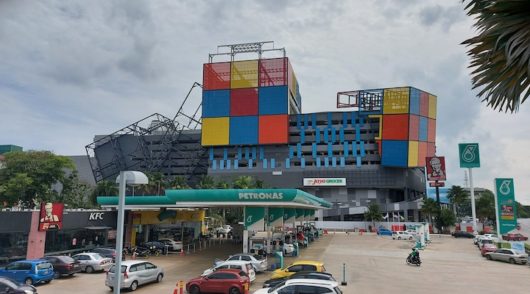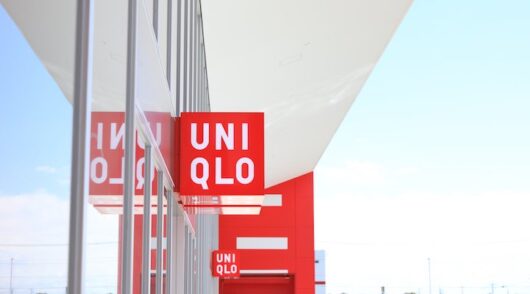UK company Dyson, known for its innovative vacuum cleaners and air purifiers, plans to open its own retail stores in India by the middle of next year.
It has already sought permission from the Department of Industrial Policy and Promotion (DIPP) to import and sell products in India.
“If we get the permit, we’ll set up middle of next year,” says founder James Dyson, in New Delhi for the India-UK Tech Summit.
“Over the first five years, we’ll invest about £154 million [US$190.8 million] in India. Our investment will be in building infrastructure (retail), taxes (to the government), marketing and promotions.”
India will be the 76th market for Dyson, which in its last overseas foray entered China three years ago.
“India is an interesting market, but it may take time to develop – unlike China, which has emerged as the third-largest market for Dyson after the US and Japan,” says Dyson.
Online portals
The company’s plan is to set up a retail store in each of the top 20 cities in India, as well as selling through other retailers and online shopping portals.
“Online helps our business,” Dyson says. “We sell through Amazon in some countries and may sell through Amazon in India as well.”
The company will import products from Malaysia, Singapore and Philippines for the Indian market. Depending on volume, Dyson may look at making products in India after a few years.
As well as vacuum cleaners, the company will also look at the beauty and hygiene market with hair dryers and hand dryers, as well as LED lighting products.
Dyson is a family-owned technology company that employs more than 7000 people globally—a third of whom are engineers and scientists.
“India produces 1.3 million engineers every year – that’s very exciting. We’ll look at working with Indian universities soon,” Dyson says. The company spends £5 million a week in research, design and development, and has more than 200 live technology projects and 50 active research programs with 40 universities around the world.
Dyson’s revenue rose 26 per cent to £1.7 billion last year while profit increased 19 per cent to £448 million.






